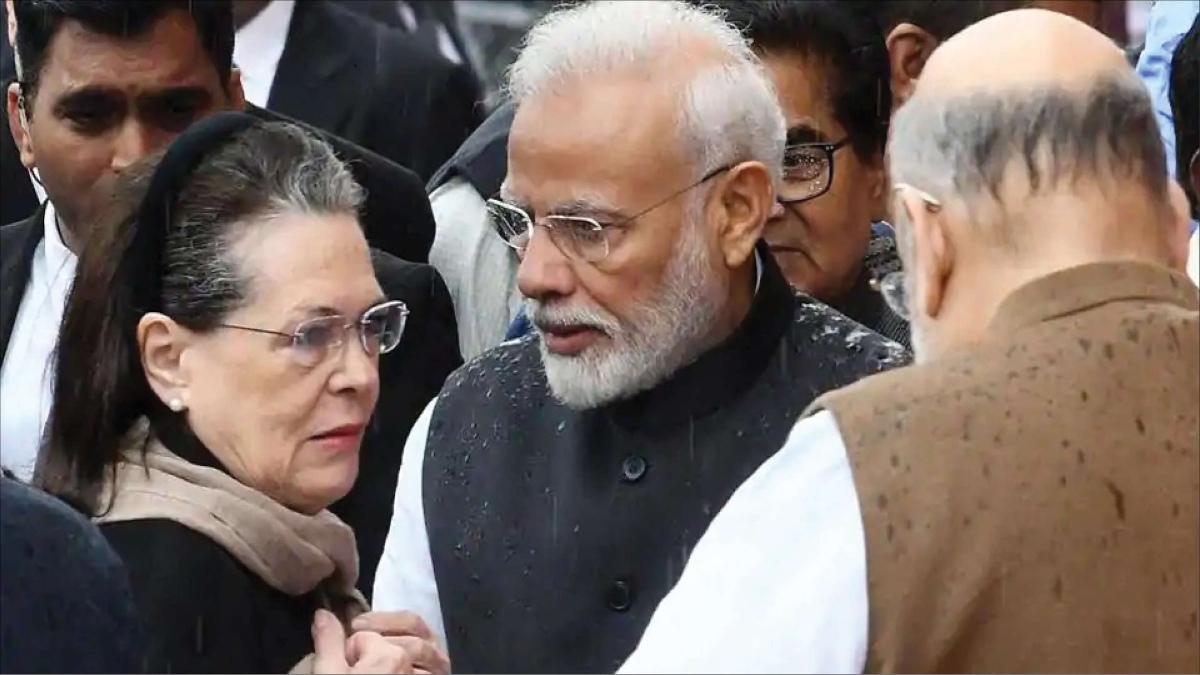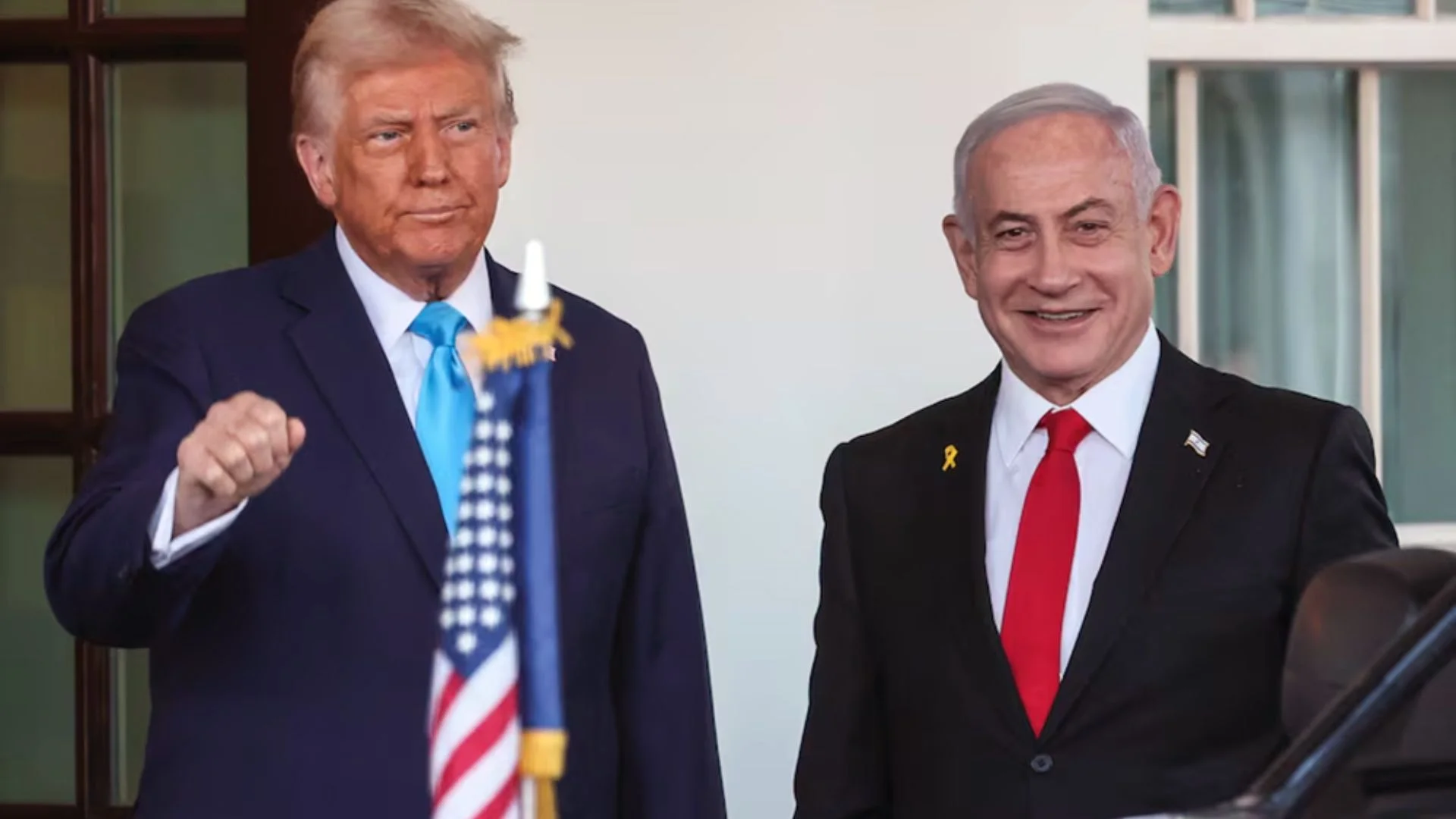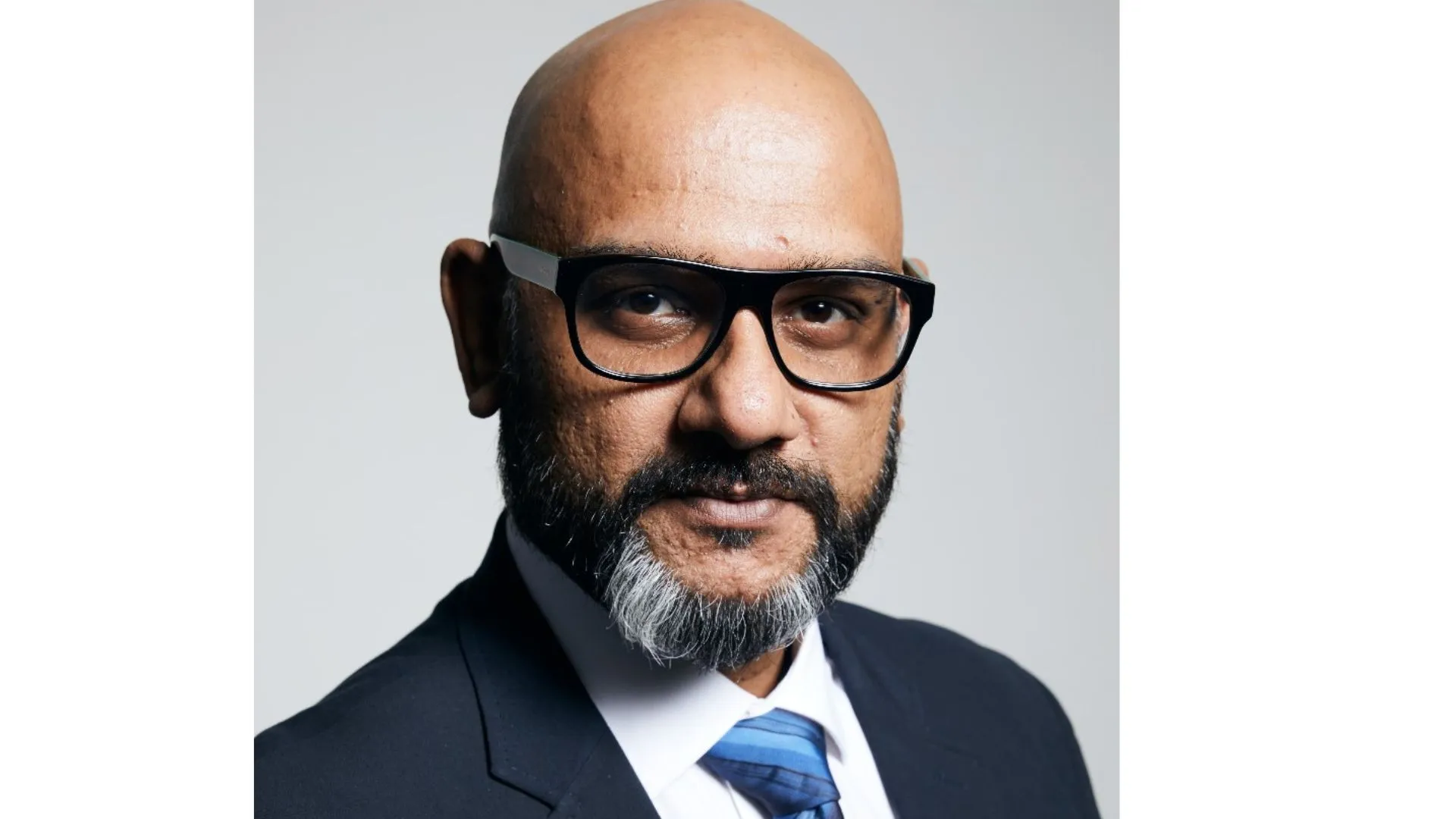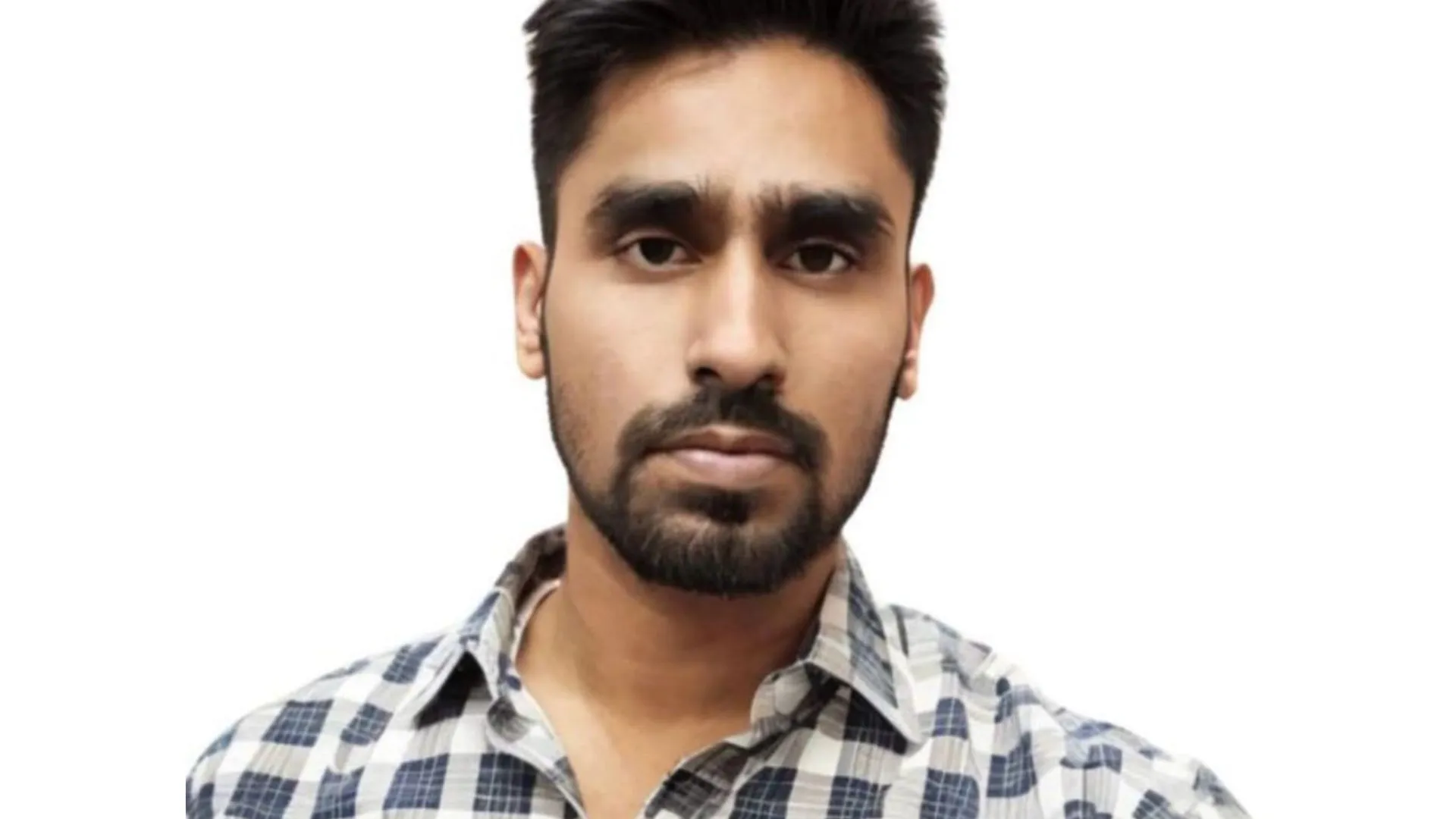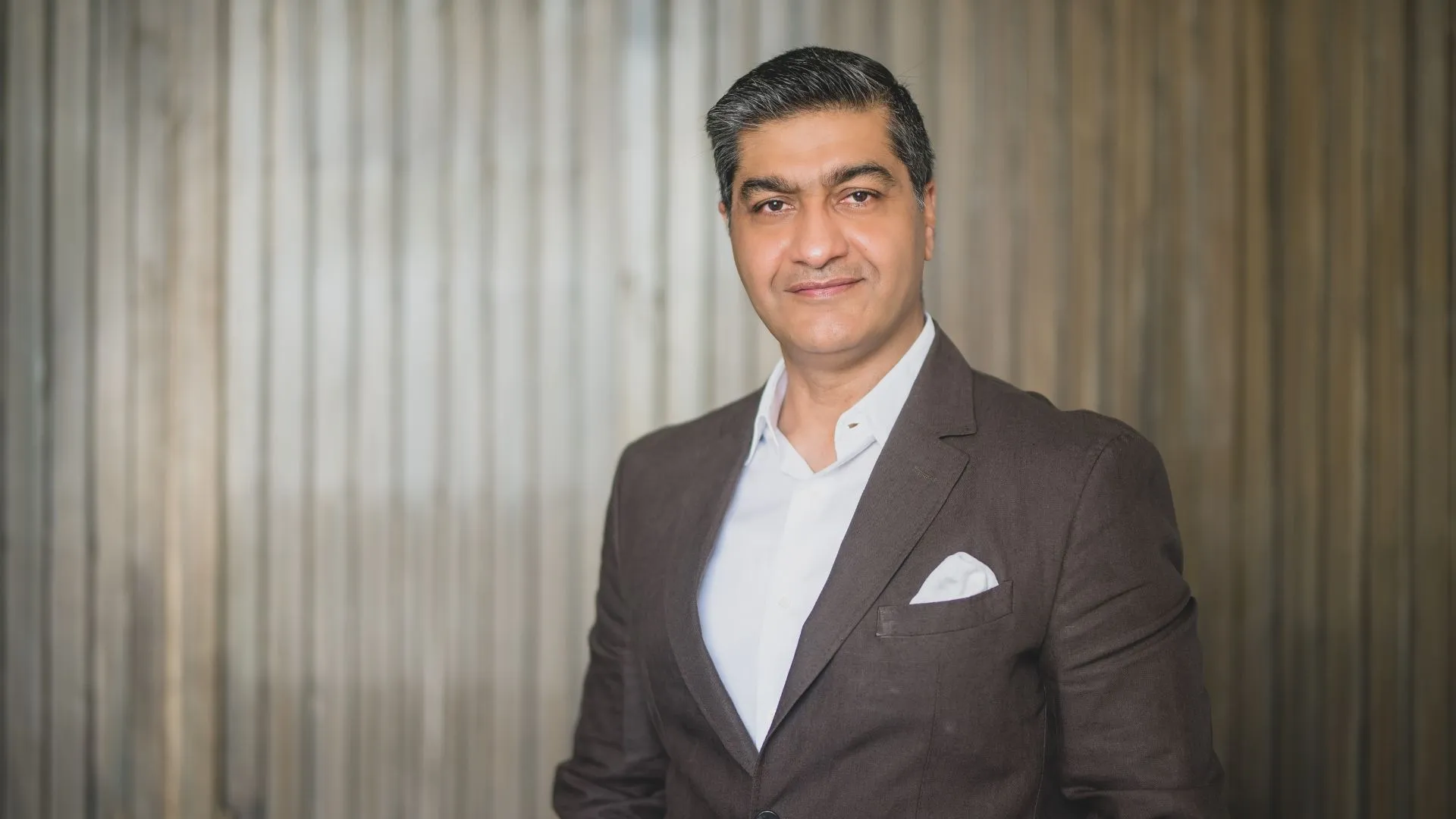Like individuals, countries too need to learn from their experiences. Particularly when they are hurting. 2020 was a weird year for all of humanity. We remained closeted, frightened of a cough and sneeze, and got our body temperatures checked more than perhaps our entire life aggregated together. It was surreal, like watching an apocalyptic Christopher Nolan film, dark and cataclysmic. But this was not on Netflix, it was for real. And it was not going away in a hurry.
It was a terribly weird year for India. For one, we remain a fatalistic country, believing in some heavenly benedictions to provide a protective shield even against the coronavirus monster. Prime Minister Narendra Modi announced a three-week lockdown in March 2020 and the normally chaotic cacophonous streets of Mumbai went dead. The silence was impregnated with a visceral eeriness. The bark of a lonely dog broke through the impenetrable quietness. Everyone looked nervous, but no one thought the virus would actually come visiting them. Many opened their mobile calculators to check the law of averages to measure their chances of being infected. The PM talked of a three-week triumph over the virus, reminiscent of the Mahabharata. By December of the year, India had over 10 million cases and 147,000 innocent Indians were gone. Indeed, there are lessons to be learnt. And it is not just about better public health infrastructure.
We had the sui generis distinction of still being a fractured country right in the middle of a pandemic that was destroying the world. India was playing its favourite spectator sport; the communal trapeze-act. It was sickening. The Tablighi Jamaat (hardliner fundamentalist Islamic believers) was accused of a deliberate conspiracy to spread the virus in India. It was bizarre but the way mainstream media bulldozed that malicious propaganda down our throats, there were several takers for the balderdash. Hate had just received instant laboratory-approved vaccination. Like the mind-numbing daily 9 pm trials of Who Killed SSR, probably the year’s biggest super-hit OTT series. It was so dystopian that it was hard to believe that we had a GDP under a massive 23% contraction, young people committing suicide because of unemployment, migrants walking hundreds of miles under an unrelenting blistering sun and dying along the highway, people unknowingly coming under a goods train while they slept on railways tracks, and a virus whose feral tentacles were spreading dangerously everywhere. In a normal world, people huddle together in an hour of crisis. India was instead taking social distancing to also mean a religious segregation targeting 200 million citizens of its own. Not surprisingly by the end of the year, several BJP-ruled states were actually passing legislation on inter-faith marriages. The ‘Love Jihad’ bogey of NDA 1 was now being finally consummated in Modi’s second term as PM. Ratan Tata, India’s celebrated mega-business tycoon, had his crown jewel Titan hastily remove a television commercial that depicted religious compatibility. Love was now a four-letter word. Few spoke up. Freedom came with a precautionary warning.
The year had earlier seen communal riots in Delhi and pre-planned attacks by organised mobs on university campuses. As usual, JNU was the soft target in the latter case. In 2020, hate and violence were harmoniously normalised. The state appeared nonchalant. That the entire grotesque morbidity happened in South Delhi in a prestigious educational institution was not to be missed. The cops watched and did nothing. Even before wearing masks became a compulsory diktat that PM Modi himself advised all to adhere to, the perpetrators of that pornographic mayhem wore them. Maybe they were prescient. At Hathras, Uttar Pradesh, ugliness took on a new manifestation and India’s moment of shame was complete. A gang-rape reminiscent of Nirbhaya had the nation dumbstruck, appalled. But what was most perturbing was the disturbing role of the state; police officials hurriedly cremated the victim late at night denying the grieving family even the elementary farewell for the departed soul. Dehumanising was the norm. It seemed as if we were watching a nightmare, scripted by some malevolent psychopath. India’s institutions, practically all of them, looked exhausted, enervated. They had surrendered their independence to their political masters. The game of chess had a preordained finality.
Amidst the madness, India saw elections where all Covid protocols such as mask wearing, social distancing and hand sanitising seemed like a frivolous prescription. No one cared. The BJP continued its triumphant march at the hustings with impressive performances in the state of Bihar, Hyderabad and Kerala municipal corporations. PM Modi towered above his political adversaries who appeared like pygmies before him. It was a disproportionate battle. The principal Opposition party, the Congress, was still introspecting on when it should start introspecting. It had clearly abandoned its role of being a robust watchdog for the 12 crore Indians who had voted for it just 18 months earlier.
And then suddenly out of the blue, farmers from Punjab and Haryana took to the streets. A cocky government neglected them, treating their remonstrance with supercilious disinterestedness. It even called them terrorists. But the protests ballooned. Once upon a time, UPA’s political arrogance over the Lokpal Bill had torpedoed its otherwise noble intentions. The NDA’s hubris, discarding parliamentary protocol and constitutional traditions on the farm Bills, was coming to bite them. Clearly, they had not learnt any lessons from Congress’s blunder.
But India must learn from 2019. We must not ever forget that we do not live in an economy; we live in a society. And too much democracy is not a bad thing.
The author is a former Congress spokesperson. His latest book is ‘The Great Unravelling: India After 2014’. The views expressed are personal.

